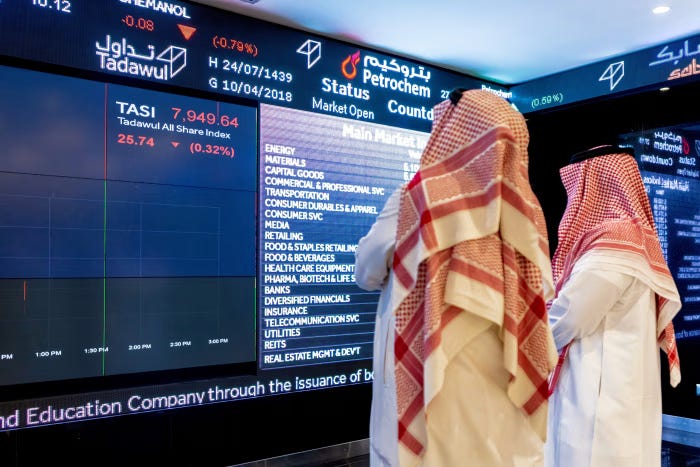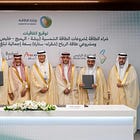Saudi Arabia’s Commodities Exchange
The exchange positions Saudi as an international hub for minerals.
Last week, Asharq Business reported on a Saudi initiative to establish a commodities exchange in Riyadh. A collaboration between the Ministry of Industry and Mineral Resources and the financial sector in the Kingdom, it represents a strategic shift in Saudi Arabia’s economic diversification agenda under Vision 2030. This move builds on recent intra-Gulf cooperation and localisation efforts following Iran’s strikes, including the all-Saudi $8.3 billion green energy deal and Qatar’s approval of the GCC railway. Together, these developments signal a broader trend of Gulf states seeking greater economic autonomy and regional integration to reduce external vulnerabilities.
This initiative reflects Saudi Arabia’s ambition to assert greater control over its economic destiny. By establishing a commodities exchange, the Kingdom seeks to localise price-setting mechanisms, traditionally dominated by global hubs like London or New York. This aligns with the Gulf’s post-Iran strike recalibration, where regional security concerns have accelerated efforts to insulate economies from external shocks. The $8.3 billion green energy deal, entirely Saudi-funded, underscores a commitment to self-reliance in critical sectors, while Qatar’s GCC railway approval fosters connectivity, facilitating intra-regional trade. Together, these initiatives suggest a Gulf-wide push to reduce dependence on Western markets and strengthen economic sovereignty.
Keep reading with a 7-day free trial
Subscribe to MENA Unleashed to keep reading this post and get 7 days of free access to the full post archives.




